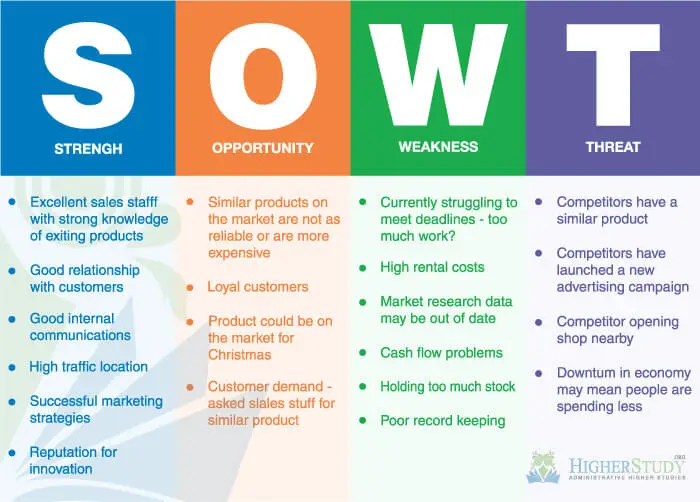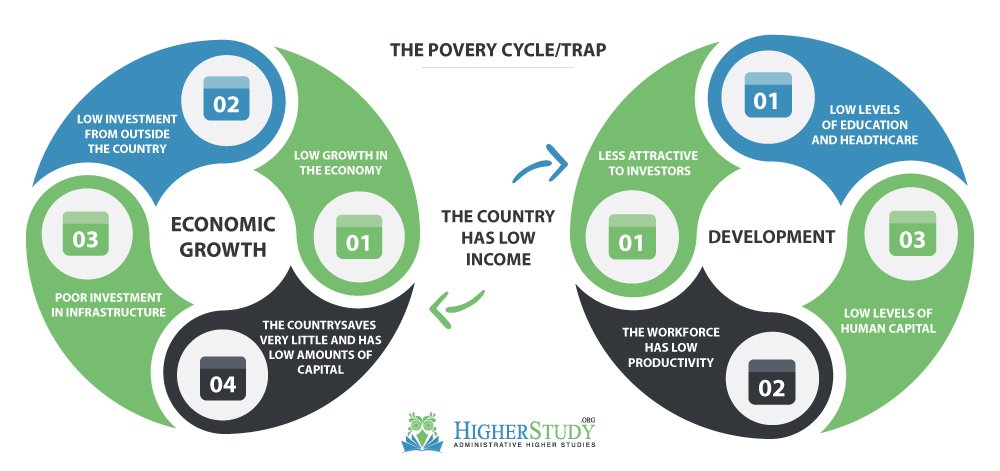Navigating the Investment Landscape: A Comprehensive Study of Modern Financial Strategies
The investment landscape is dynamic, and influenced by various economic, technological, and global factors. In recent years, traditional investment approaches have faced challenges due to the changing nature of markets. Investors are now navigating through a complex terrain that demands adaptability and a proactive mindset.
As markets evolve, the importance of embracing modern financial strategies becomes evident. Modern strategies leverage advancements in technology, data analytics, and automation to enhance decision-making processes and maximize returns. In this rapidly changing environment, adopting modern financial strategies is not merely an option but a necessity for investors looking to stay competitive and secure their financial future.
Traditional vs. Modern Financial Strategies
Traditional investment approaches have long relied on conventional methods such as stock picking, bond investments, and static asset allocation. While these strategies have been successful in the past, the current landscape calls for a reassessment of their effectiveness. The limitations of traditional approaches include a slower response to market changes and a lack of agility in portfolio management.
Modern Financial Strategies
Modern financial strategies embrace innovation and incorporate technology to optimize investment decisions. These strategies often involve dynamic asset allocation and real-time risk assessment. By leveraging these modern approaches, investors aim to achieve a more responsive and adaptive investment portfolio.

The Role of Technology in Shaping Modern Investment Practices
Technology plays a pivotal role in shaping modern investment practices. From artificial intelligence and machine learning to blockchain and data analytics, technological advancements offer new avenues for investors to gain insights, make informed decisions, and manage portfolios efficiently. The rise of roboforex affiliate, for example, highlights the integration of technology in streamlining investment processes and enhancing overall performance.
Diversification in Investment Portfolios
Diversification remains a fundamental principle in managing investment risk. Traditional diversification involves spreading investments across different asset classes, but modern strategies take it a step further. Diversifying across geographical regions, and industries, and even incorporating alternative investments becomes crucial in mitigating risks associated with market volatility.
Modern investors have access to a myriad of tools and techniques for portfolio diversification. Advanced analytics enable a deeper understanding of correlations and potential risks, facilitating more informed diversification strategies.
Risk Management Strategies
Traditional risk management practices involve a combination of diversification, asset allocation, and periodic portfolio rebalancing. While these practices are foundational, they may fall short in rapidly changing market conditions. Traditional approaches often rely on historical data and may not capture the nuances of contemporary risks.
Modern Approaches to Risk Mitigation
Modern risk management embraces a more dynamic and proactive stance. This involves leveraging advanced risk models, stress testing, and scenario analysis to anticipate and address potential risks. Additionally, modern risk management considers factors beyond traditional financial metrics, such as environmental and social risks, aligning with the evolving landscape of responsible investing.
Leveraging Technology for Real-Time Risk Assessment
Technology plays a pivotal role in modern risk management. Real-time data analytics, artificial intelligence, and machine learning enable investors to assess risks dynamically. By utilizing these technologies, investors can receive timely insights into market conditions, identify emerging risks, and make informed decisions to mitigate potential threats to their portfolios.
Market Trends and Analysis
Understanding and adapting to current market trends is essential for successful investment strategies. This section will provide an overview of prevalent market trends, such as the growth of sustainable investing, the impact of technological advancements on specific sectors, and the influence of geopolitical events on global markets.
The Impact of Global Events on Investments
Global events, whether economic, political, or public health-related, can significantly impact investment markets. Analyzing the effects of events like geopolitical tensions, economic downturns, or public health crises on different asset classes will provide investors with insights into building resilient portfolios that can weather unforeseen challenges.
Informed decision-making in the modern investment landscape heavily relies on data analytics. This includes analyzing market trends, understanding investor behavior, and identifying potential opportunities or risks. By harnessing the power of data analytics, investors can make more informed and strategic decisions, enhancing the overall performance of their portfolios.
Regulatory Considerations
The regulatory environment in modern finance is multifaceted, with regulatory bodies evolving to address the complexities introduced by technological advancements. Understanding the regulatory landscape is crucial for investors to ensure compliance with laws and regulations that govern financial markets, protect investors, and maintain market integrity.
Read More: Methodology & Approaches of Public Administration
Compliance Challenges and Solutions
Modern financial strategies, especially those incorporating automation and advanced technologies, may pose unique compliance challenges. This section will explore the compliance hurdles faced by investors and financial institutions. Additionally, it will provide insights into innovative solutions and best practices for navigating the regulatory landscape while maximizing the benefits of modern financial tools.
Conclusion
The conclusion will provide a concise recap of the key points discussed throughout the article. It will summarize the importance of modern financial strategies, the role of automation, considerations in risk management, market trends, and the impact of regulatory frameworks on investment practices.
Emphasizing the dynamic nature of the investment landscape, this subsection will stress the importance of adopting an adaptive approach to investment. It will highlight the need for investors to continuously evolve their strategies, leveraging modern tools and staying informed about market trends and regulatory changes.



